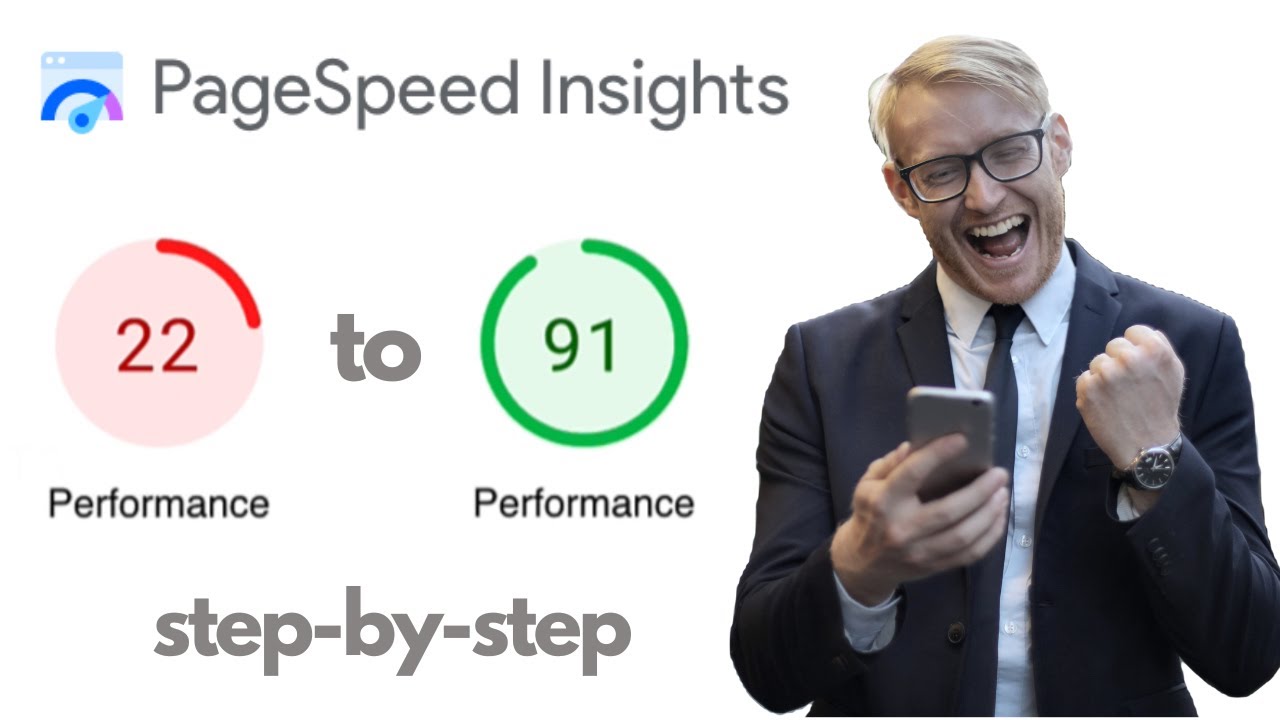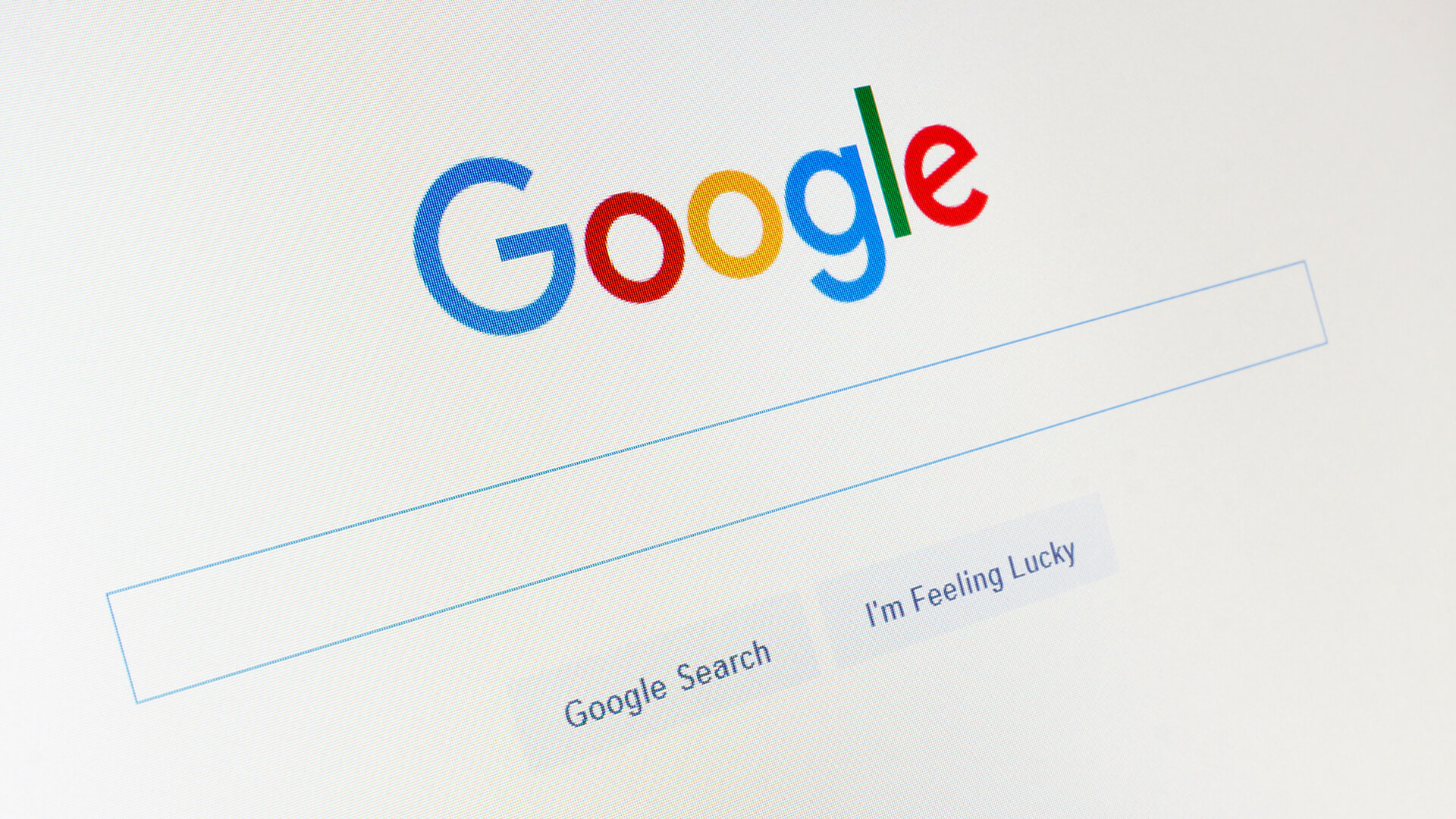Google indexing speedis an important factor in determining the visibility of your website on search engineresult pages. The process of Google indexing involves crawling and storing web pages in its database, making it easier for users to find your site.
However, the speed of indexing can vary based on several factors, including site size, contentquality, and backlinks. In this article, we will delve deeper into the factors that affect Google indexing speed and provide tips for optimizing it.
What Is Google Indexing?
Google indexing is the process of adding web pages to Google's search index. When a website is indexed by Google, it means that Google's bots, also known as crawlers or spiders, have discovered the website's pages and added them to Google's search index. This allows the website's pages to be found and displayed in search engine results pages (SERPs) when users search for relevant keywords or phrases.
During the indexing process, Google's crawlers analyze the website's content, structure, and metadata to determine the relevance and quality of each page. The crawlers also follow the links on the website to discover additional pages to add to the index. Once a page is indexed, it will appear in Google's search results for relevant queries.
It is important for website owners to ensure that their pages are properly indexed by Google, as this can increase the visibility of their website in search results and attract more traffic to the site. By following best practices for SEOand optimizing their website for search engines, website owners can improve their chances of having their pages indexed by Google.
What Is Google Indexing Speed?
Google indexing speed refers to the rate at which Google crawls and indexes web pages on a website. When Google crawls a website, it reads the content and indexes the pages in its database, making it easier for users to find the site through search engine result pages. The speed of indexing can vary based on several factors, including site size, content quality, and backlinks. Optimizing the indexing speed can improve a website's visibility and ultimately attract more visitors to the site.
How Long Does Google Indexing Take?
The length of time it takes for Google to index a website can vary depending on several factors. Generally, Google can index a new website within a few days to a few weeks of submitting your sitemap. However, this process can take longer for larger websites or for pages with lower-quality content. It is important to note that Google does not index all pages on a website, and it prioritizes pages with high-quality content and those that receive more backlinks.
By creating high-quality content, optimizing your website's structure, and building quality backlinks, you can improve your website's indexing speed and increase your visibility on search engine result pages. You can also check your website's indexing status using Google Search Console, which provides information on the number of indexed pages and the indexing status of each page.
How Does Google Decide Which Pages To Index?
Google uses complex algorithms and crawling systems to decide which pages to index. When Google crawls a website, it looks at various factors to determine if a page should be indexed or not. Here are some of the factors that Google considers when deciding which pages to index:
- Relevance- Google looks for pages that are relevant to the user's search query. Pages with high-quality content that are optimized for specific keywords are more likely to be indexed.
- Quality- Google prefers pages that provide high-quality, useful information to users. Pages with original and unique content are more likely to be indexed.
- Authority- Google values pages that are authoritative and trustworthy. Pages that have high-quality backlinks from reputable websites are more likely to be indexed.
- User experience- Google considers user experience when deciding which pages to index. Pages that are well-designed, easy to navigate, and load quickly are more likely to be indexed.
- Technical aspects- Google also considers technical aspects such as whether the page is crawlable, the presence of robots.txt and XML sitemap, page structure, and metadata.
Factors That Affect Google Indexing Speed

Factors that Influence the Indexing Speed of a Website in Google
Site Size
Site size is one of the key factors that can affect Google indexing speed. Larger websites tend to have more pages, which can take longer for Google to crawl and index. Moreover, if a website has duplicate content, broken links, or pages that are not relevant or useful, it can negatively impact the indexing speed.
To optimize indexing speed for a larger website, it is important to ensure that the website's structure is organized, with clear categories and subcategories. This helps Google's crawlers to navigate the site more easily and index pages faster.
Additionally, ensuring that there is no duplicate content or broken links can help improve indexing speed. Regularly updating and adding new, high-quality content to the site can also help improve indexing speed, as it signals to Google that the site is active and relevant.
In contrast, smaller websites with fewer pages can often be indexed more quickly by Google. However, it is still important to optimize the site's content and structure for indexing speed, as this can help improve visibility on search engine result pages and attract more visitors to the site.
Content Quality
Content quality is another crucial factor that can affect Google indexing speed. Google prioritizes pages that have high-quality, relevant content that provides value to users. If a website has low-quality or irrelevant content, it may take longer for Google to index the pages or they may not be indexed at all.
To optimize content quality for faster indexing, it is important to create original, well-researched content that is useful and informative to readers. The content should also be optimized for search engines, including relevant keywords and meta tags. It is also important to ensure that the content is structured in a user-friendly way, with clear headings and subheadings, bullet points, and short paragraphs.
Another factor that can impact content quality and indexing speed is duplicate content. Google may penalize websites that have duplicate content by reducing their visibility on search engine result pages or not indexing the pages at all. Therefore, it is important to ensure that all content on the website is original and unique.
Backlinks
Backlinks are an important factor that can affect Google indexing speed. Backlinks are links from other websites that point to a specific page on a website. Google uses backlinks as a signal of the page's authority and relevance. Pages that have more high-quality backlinks tend to be indexed faster and rank higher in search engine result pages.
To optimize backlinks for faster indexing, it is important to focus on building high-quality backlinks from authoritative websites. This can be achieved by creating original, high-quality content that is useful and relevant to users, and promoting it on social media, forums, and other online platforms. Additionally, website owners can reach out to other website owners and request backlinks, or participate in link-building campaigns to attract more backlinks to their sites.
It is important to note that not all backlinks are equal. Google prioritizes backlinks from authoritative websites that are relevant to the content of the page. Backlinks from low-quality or irrelevant websites can negatively impact indexing speed and page ranking.
Site Updates
Site updates are another important factor that can affect Google indexing speed. Google's crawlers prioritize websites that are regularly updated with fresh, high-quality content. Websites that are updated more frequently tend to be indexed faster and rank higher in search engine result pages.
To optimize site updates for faster indexing, it is important to create a content calendar and regularly update the website with new, relevant content. This can include blog posts, news updates, product reviews, and other types of content that are useful and informative to users. It is also important to ensure that the content is optimized for search engines, including relevant keywords and meta tags.
Regularly updating the website's structure and design can also help improve indexing speed. This includes optimizing the website's navigation, ensuring that all links are working properly, and making sure that the website's design is user-friendly and easy to navigate.
Tips For Optimizing Google Indexing Speed

Google Pagespeed Insights Reporting Tool How To Improve Your Performance Score
Optimizing Google indexing speed is crucial for improving a website's visibility and attracting more visitors. Here are some tips for optimizing Google indexing speed:
- Create high-quality, relevant content- Google prioritizes websites with high-quality, relevant content. To optimize indexing speed, it is important to create original, well-researched content that is useful and informative to readers.
- Optimize the website's structure and design- A well-structured and user-friendly website can help Google's crawlers navigate the site more easily and index pages faster. This includes optimizing the website's navigation, ensuring that all links are working properly, and making sure that the website's design is user-friendly.
- Build high-quality backlinks - Backlinks from authoritative websites can signal to Google that the page is relevant and useful to users. Focusing on building high-quality backlinks can improve indexing speed and page ranking.
- Update the website regularly- Google prioritizes websites that are regularly updated with fresh, high-quality content. Creating a content calendar and regularly updating the website can help improve indexing speed and increase visibility on search engine result pages.
- Ensure website speed and performance- Websites that load quickly and perform well tend to be indexed faster and rank higher in search engine result pages. Ensuring that the website is optimized for speed and performance can improve indexing speed and attract more visitors to the site.
By following these tips and optimizing Google indexing speed, website owners can improve their website's visibility and attract more visitors to their site.
How Do I Speed Up Google Indexing?

How to index your website on Google fast
There are several ways to speed up Google indexing for your website:
- Submit sitemap to Google Search Console- A sitemap is a file that lists all the pages on your website, which can help Google's crawlers find and index your content faster. Submitting your sitemap to Google Search Console can speed up indexing.
- Use internal linking- Internal linking can help Google's crawlers navigate your website and index pages faster. Linking to relevant pages within your website can also help users discover more of your content.
- Optimize website structure and design- A well-structured and user-friendly website can help Google's crawlers navigate the site more easily and index pages faster. This includes optimizing the website's navigation, ensuring that all links are working properly, and making sure that the website's design is user-friendly.
- Build high-quality backlinks- Backlinks from authoritative websites can signal to Google that the page is relevant and useful to users. Focusing on building high-quality backlinks can improve indexing speed and page ranking.
- Regularly update website content- Google prioritizes websites that are regularly updated with fresh, high-quality content. Creating a content calendar and regularly updating the website can help improve indexing speed and increase visibility on search engine result pages.
- Ensure website speed and performance- Websites that load quickly and perform well tend to be indexed faster and rank higher in search engine result pages. Ensuring that the website is optimized for speed and performance can improve indexing speed and attract more visitors to the site.
People Also Ask
How Do I Check My Google Indexing Speed?
You can check your Google indexing speed by using Google Search Console. In the "Coverage" section, you can see the number of indexed pages and the indexing status of each page.
How Long Does It Take For Google To Index A New Website?
Google can index a new website within a few days to a few weeks of submitting your sitemap. However, the indexing time can vary depending on several factors, including the size of your site, the quality of your content, and the number of backlinks pointing to your site.
What Are Crawling And Indexing?
Crawling is the process by which Google scans your site's pages, while indexing is the process of storing those pages in its database.
Conclusion
In today's digital world, having your website indexed by Google is crucial to increasing your online visibility. By implementing the tips provided in this article, you can improve your site's visibility on search engine result pages, attract more visitors to your site, and ultimately grow your business.

